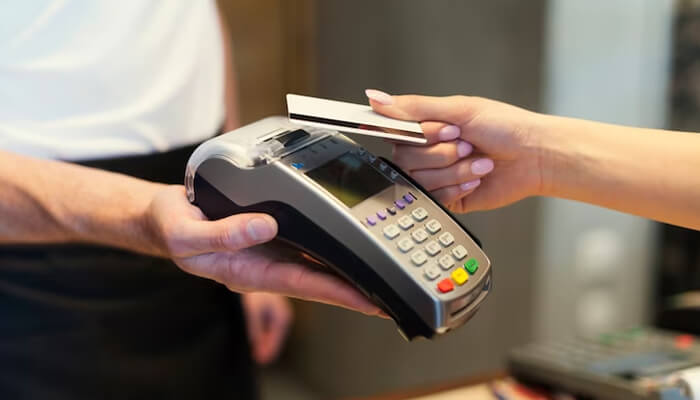Introduction
Businesses in today’s post-pandemic world should not rely on a sole payment processor for a number of reasons. Depending on a sole payment processor may lead to a number of problems, such as the unscheduled downtime of a payment processor due to over-congestion may affect payments on your site. Familiarity and reliability are other factors to keep in mind while selecting a payment processor. Below is an elaborate list of reasons why businesses should opt for multiple payment processors:
1. Payment reliability:
Having multiple payment processors can reduce the risk of payment downtime or failure due to technical issues or fraud. If one processor is down or unstable, the business can switch to another processor as a backup and avoid losing revenue or customers. According to a report by CyberSource, US businesses use an average of 4.1 payment partners (gateways, processors, etc.), and European businesses use an average of 3.7 payment partners.
2. Freedom and flexibility:
Having multiple payment processors can give the business more control and choice over their payment options and experience. They can negotiate better terms and fees, customize their payment flow and features, and avoid vendor lock-in. For example, SeatGeek has evolved its model over time from directing purchasers of event tickets to ticket brokers’ sites for purchase to delivering a complete customer experience within their own solution.
3. Payment diversity:
Having multiple payment processors can enable the business to support different payment methods that suit their customers’ preferences and needs. For instance, PayPal is not available in Stripe, and global processors may not have good support for local payment methods. By adding more payment processors, the business can cater to a wider range of customers and markets.
4. Success rate (payment conversion):
Having multiple payment processors can improve the payment conversion rate by reducing false declines, cutting latency, and offering more payment options. For example, Spreedly found that using multiple gateways can reduce false declines by 17%. False declines occur when a valid transaction is rejected due to various reasons, such as fraud detection, network issues, or authorization failures.
5. Payment Processing Cost:
Having multiple payment processors can help the business save money on payment processing costs by routing transactions through the most cost-effective gateway. Different processors may charge different fees depending on factors such as transaction volume, currency, location, risk level, and payment method. By comparing and switching between processors, the business can optimize its payment costs.
6. Payment innovation:
Having multiple payment processors can help the business keep up with the pace of innovation in the payments industry. According to PYMNTS, 52% of US consumers will try new payment methods in 2022, and the diversity of payment options will continue to grow. By integrating with more processors, the business can offer new and emerging payment methods to its customers and stay ahead of the competition.
7. Payment future-proofing:
Having multiple payment processors can help the business prepare for future changes and challenges in the payment landscape. For example, regulatory changes such as PSD2 in Europe or new security standards such as 3D Secure 2.0 may require businesses to update their payment systems or comply with new rules. By having multiple processors, the business can have more flexibility and resilience to adapt to these changes.
Conclusion
At present, there are a number of payment processors available on the market. As a business, you should do your own research before selecting a payment processor, keeping in mind the factors we have discussed above. Payment processing costs are the most important factor for the majority of businesses, especially small businesses. However, for some businesses, the reliability of the payment processor is the most important factor. Ultimately, you should assess what would be the most important factor for your line of business and thereafter choose a payment processor.



